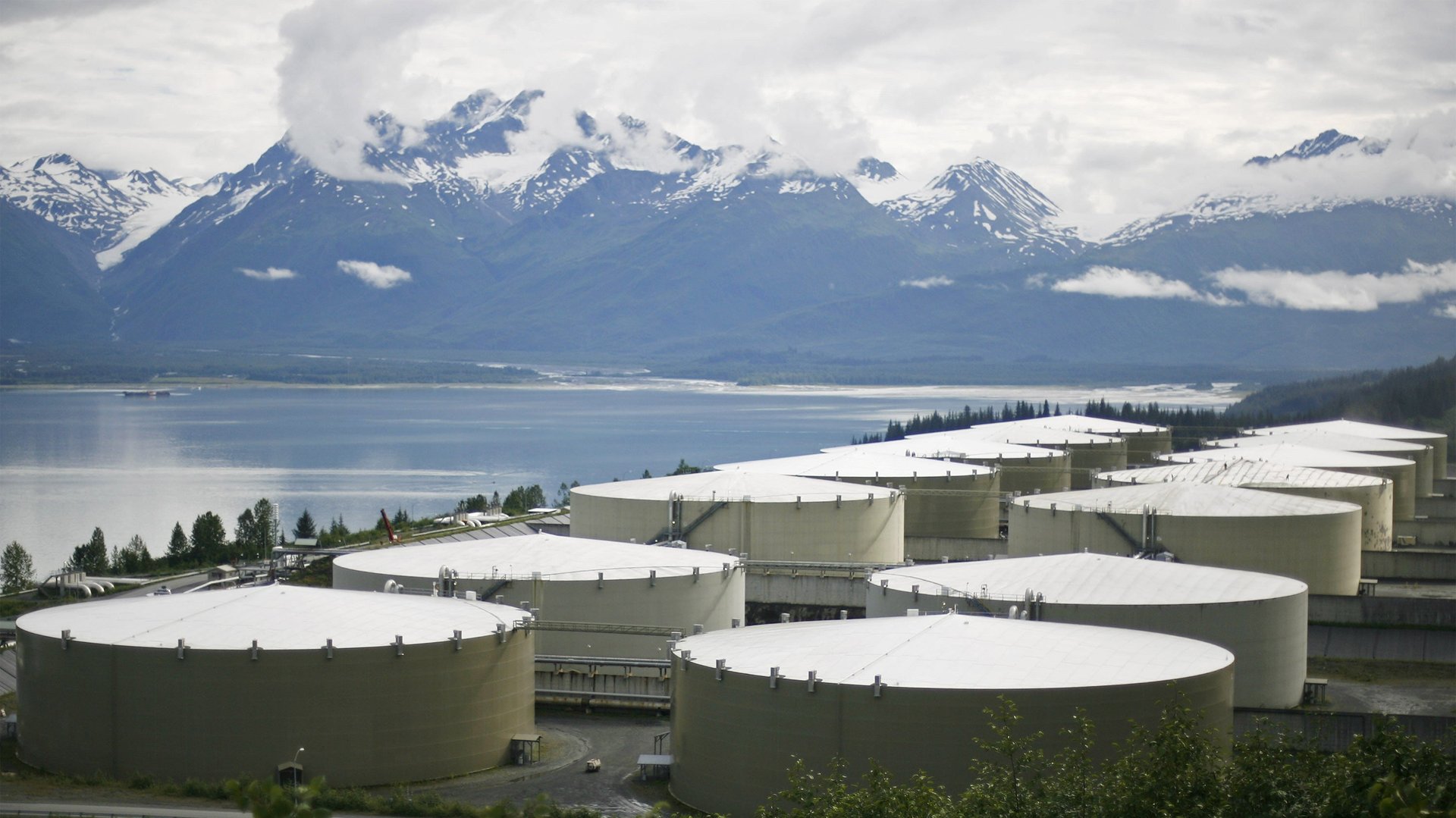America should be more like Alaska when it comes to sharing the public wealth
The jobs report today was good, but that doesn’t mean it’s all good jobs coming back. Still, there is a way to increase economic security by creating a true “ownership” society, with a reliable stream of income for everyone. The approach is already successful in resource-rich Alaska.


The jobs report today was good, but that doesn’t mean it’s all good jobs coming back. Still, there is a way to increase economic security by creating a true “ownership” society, with a reliable stream of income for everyone. The approach is already successful in resource-rich Alaska.
Since the Great Recession, American productivity and corporate profits have increased, but there aren’t enough good jobs in most of the country. There remains the false belief among our policymakers, and much of the public that economic growth will eventually produce more jobs, which will create more consumer spending, which will in turn result in more economic growth, creating still more jobs, and so on.
However, that virtuous circle is not in the making.
Those beliefs ignore the trends and forces that drive our economy today. We must build a true ‘ownership society’ in which everyone has a permanent ownership stake in our market-based economy that will produce a reliable stream of non-labor income, without additional income taxes or welfare.
One idea is to create an American Commonwealth Fund, which will distribute money from sources we all own to everyone who has a social security number. In fact, we own many common assets at the local, state, and federal levels, such as revenues from leases and sales of public resources (oil, minerals, air, spectrum, forests, water), as well as royalties for government-guaranteed monopoly rights (copyrights, patents); fees on intergenerational transfers; and dividends from preferred stock in publicly traded or aided companies.
There is no reason to believe the economic situation of the bulk of Americans will improve without creating a new social contract to address the twin issues of economic insecurity and economic inequality.
Although our economy is growing, there are not enough jobs, and many jobs being created are not good jobs with livable wages and benefits. Moreover, economic inequality is growing at a historic rate.
President Obama has called growing inequality and lack of upward mobility the defining challenge of our time. Pope Francis has expressed his concern, saying, “Today we also have to say ‘thou shalt not’ to an economy of exclusion and inequality. Such an economy kills.”
The richest 10% of United States households have more than 75% of American wealth, according to the Organisation for Economic Co-operation and Development, which represents more than 30 countries. That disparity is considerably more than other countries and poses a big problem for all of us, even the top 1%.
The OECD report, “In It Together: Why Less Inequality Benefits All,” also shows more inequality results in less economic growth, and between 1985 and 2005, increasing inequality lowered growth in OECD countries by nearly 5 percentage points . The report concludes that addressing the growing numbers of low wage jobs is a necessity to decreasing inequality.
However, creating enough good jobs will not be easy and maybe not possible. In an integrated world economy, where businesses can hire the cheapest labor anywhere on the planet, it may no longer be credible to believe that the American middle-class can prosper from labor income alone.
In their recent work on labor markets published by the Stanford Center of Poverty and Inequality, researchers Erin Cumberworth of Stanford and Michael Hout of New York University conclude that neither the private sector nor the public sector seem capable of sparking an employment recovery. They point out that the Great Recession is the ninth straight recession that prime age employment for men has not returned back to the pre-recession level. Prime age is 25-54 years old, the prime of the working years. If fact, prime age employment has declined more than any time since records began to be kept, almost 70 years ago.
So how will we cope with a future in which there aren’t enough good-paying jobs and regular people don’t benefit from the growth of the economy? The American Commonwealth Fund is one approach that has already proven to be successful in Alaska.
Since 1980, the Alaska Permanent Fund has paid equal annual dividends to all residents of Alaska from income earned from state oil production. Annual dividends over the past 25 years have never been less than $3,000 for a family of four. The fund has consistently received bipartisan support and in 2008, Sarah Palin increased the dividend to $12,800 for a family of four.
It’s time to follow Alaska’s example, identify our common assets, and create The American Commonwealth Fund, which will benefit us all.